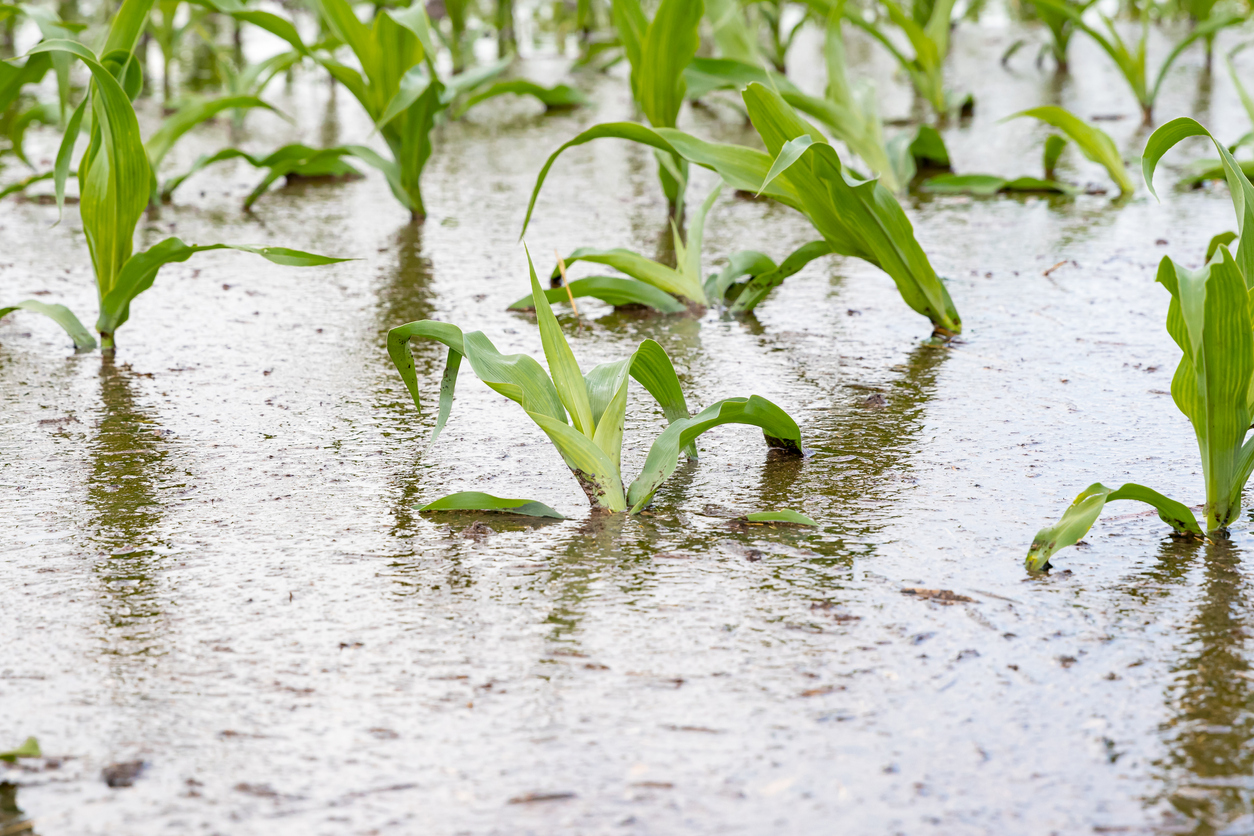
Researchers Reveal Mechanisms in Air Channels Formation in Submerged Plants
February 9, 2022| |
Researchers from Nagoya University investigated the formation of air channels in wetland plants. Their findings are reported in Trends in Plant Science.
Wetland plants exhibit high tolerance to flooding because of their ability to form air channels called lysigenous aerenchyma, which help transfer gases to the submerged roots. Aside from withstanding flooding, these air channels also help plants during drought and nutrient deficiency. To understand the mechanism behind the formation of these air channels, the research team conducted the study which could provide insights on how to develop more resilient crops.
The team found that the plant hormone auxin is necessary for the formation of the air channels during normal root growth and identified two factors that lead to the formation of the air channels. First, the roots are submerged under aerobic conditions. Then, when there is an impediment in gas exchange, ethylene builds up in the roots, leading to the production of an enzyme responsible for reactive oxygen species (ROS) formation. The ROS triggers cell death in the tissues, leading to the formation of cavities where the gasses pass through.
Read more findings from Nagoya University and Trends in Plant Science.
| |
You might also like:
- Study Opens Door to Flood Resistant Crops
- Scientists Discover Gene that Confers Flood Tolerance, Drought Tolerance, and Disease Resistance in Rice
- CRISPR-Cas9 Used to Increase Rice Resistance to Abiotic Stresses
Biotech Updates is a weekly newsletter of ISAAA, a not-for-profit organization. It is distributed for free to over 22,000 subscribers worldwide to inform them about the key developments in biosciences, especially in biotechnology. Your support will help us in our mission to feed the world with knowledge. You can help by donating as little as $10.
-
See more articles:
-
News from Around the World
- Global Food Prices Increase in January
- Oxitec to Conduct Mosquito Technology Tests in the US in 2022
- UC Davis Team Identifies Wheat Gene that Increases Yield
- Study Pinpoints Gene Vital for Rice Grain Development
- Researchers Reveal Mechanisms in Air Channels Formation in Submerged Plants
- PH Agri Secretary: Biotechnology a Powerful Tool of Science to Feed the Future
- Adoption of GM Crops Can Help Fight Climate Change -Study
- Study Reveals Friendly™ Fall Armyworm Reduces Population; Provides Long-Term Protection
-
Research Highlights
- Study Shows SPL9 Mediates Freezing Tolerance in Plants
- New Tool Helps Strip Down Corn Ancestor's Traits for Research Exploration
- GM Phytase Corn Found to Promote Digestion of Amino Acids in Pigs
-
Plant
- Report Tackles Why the UK Should Embrace Biotech and Gene Editing
-
Read the latest: - Biotech Updates (January 21, 2026)
- Gene Editing Supplement (January 28, 2026)
- Gene Drive Supplement (February 22, 2023)
-
Subscribe to BU: - Share
- Tweet

